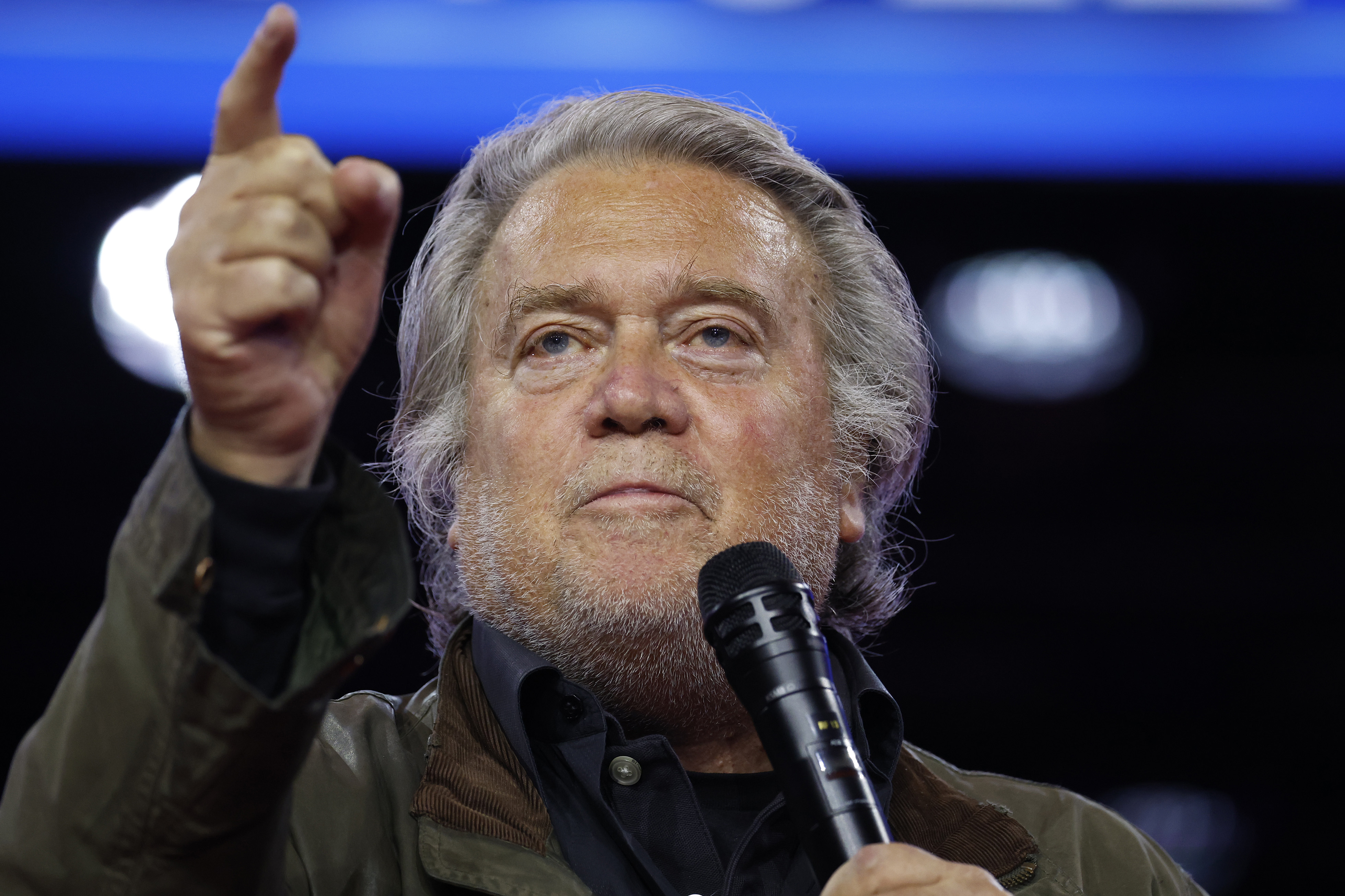President Joe Biden is working in tandem with European counterparts to reenter and potentially revise the Iranian nuclear deal.
Amidst French President Emmanuel Macron's call to bring Saudi Arabia into the talks and Secretary of State Antony Blinken affirming the idea, the push for a multilateral approach has taken root in Washington. But this is to the detriment of U.S. policy. Allowing regional actors to dictate the terms of the new agreement is likely to result in maximalist terms that Iran will simply reject.
U.S. interests diverge from those of the Gulf states and deescalating tensions with Iran should be the primary objective.
Iran has already signaled that it's willing to trade nuclear compliance for sanctions relief. This prevents a nuclear arms race in the region and makes a war less likely. This one-for-one deal also discourages the belligerence that the U.S.' Gulf partners have been facing since the U.S. sanctions campaign against Iran started in 2018.
While the Gulf states might desire stronger terms to a new agreement, that doesn't mean the U.S. has to deliver on it. We should encourage the UAE and Saudi Arabia to make their own diplomatic overtures to Iran, as National Security Advisor Jake Sullivan previously advocated. Bringing them to the negotiating table on U.S.-Iran issues, however, enables them to divert the discussions along the lines of their own interests and undermine U.S. policy aims.
A deal which brings in regional actors' interests is likely to target segments of Iran's military such as proxies and ballistic missiles. Iran spends around $20 billion in defense per year, which includes both its conventional and asymmetric activities.

Some of Iran's regional neighbors have already invested more than Iran's defense budget in buying weapons from the U.S., including advanced F-35 fighter jets. That Iran would accept any concessions on its defense is a pie-in-outer-space expectation.
The maximalist strategy doesn't produce results in the nuclear arena either. Iran's stockpile of 20 percent enriched uranium has grown considerably. If Iran were to convert its civilian nuclear energy program into a nuclear weapons program tomorrow, the time it would take to weaponize its uranium is considerably shorter than before the U.S. adopted the "Maximum Pressure" economic sanctions. And while detractors state Iran can begin enriching uranium in 2025 under the agreement, they ignore that their strategy resulted in Iran enriching uranium in 2019.
The United States can work to bring the Gulf and Iran to the negotiating table to work out regional issues, but this should not be one of the conditions to provide sanction relief.
Decreased economic pressure on Iran would discourage it from poisoning the well with the United States, and make diplomacy easier. The U.S. needs to strongly prioritize its own limited diplomacy with Iran over broader regional considerations. This is the only way that the latter would even have credibility.
Likewise, President Biden should resist pressure from Israel to pursue maximalist objectives. Neither Israel nor the U.S. benefits from a war with Iran, which a strong-arm agenda is more likely to bring. Israel already has conventional superiority as well as extensive experience fending off asymmetric threats from Hezbollah and Hamas. Iran's concessions from reentering the deal would likewise insulate Israel from a nuclear threat.
Finally, U.S. credibility needs to be restored after the U.S. withdrawal from the Iran nuclear deal. The Biden administration shouldn't insist that Iran make the first move. The U.S. failed to comply with the agreement, and Iran endured sanctions for over a year before it ended compliance. The onus to show good faith rests with us.
President Biden still has a long way to go to settle U.S.-Iran tensions. The Gulf states are emboldened by U.S. support and will try a hardline approach to diplomacy.
If President Biden wants to avoid the mistakes of the previous administration, he should recognize that the United States, not Saudi Arabia, is in the driver's seat.
Geoff LaMear is a fellow at Defense Priorities.
The views expressed in this article are the writer's own.
Uncommon Knowledge
Newsweek is committed to challenging conventional wisdom and finding connections in the search for common ground.
Newsweek is committed to challenging conventional wisdom and finding connections in the search for common ground.
About the writer
To read how Newsweek uses AI as a newsroom tool, Click here.





